Shopify is a global e-commerce platform that allows all sizes of businesses to create, manage, and scale their online stores. This is no doubt that Shopify ranks among the best ecommerce platforms, thanks to its unbeatable sales features and great support for business owners.
On the other hand, however, some businesses switch to Shopify competitors due to the high pricing, limited store customization, and reliance on app integrations for additional features. Are you also looking for Shopify alternatives? Here, we have tested dozens of eCommerce platforms so you can easily help you find the best one for your business.
What Is Shopify
Shopify is a well-known ecommerce platform that helps businesses and individuals sell products online with a range of tools and services. It allows users to build their own online stores, handle shopping, launch marketing campaigns, and process payments to drive sales and make money.
It is a software-as-a-service (SaaS) platform, so users can pay either monthly or annually. Each pricing plan comes with different features, such as mobile POS for in-person sales, buy buttons, and your own branded online store.
Apart from the built-in features, there is a wide range of third-party apps, but they typically charge a monthly or one-time fee. This is one of the reasons why users choose other platforms. So, who are Shopify competitors? Let’s move on to the following part.
Who are Shopify Competitors (Comparison Chart)
This section covers the top 10 Shopify competitors and alternatives in 2025. To help you quickly understand the differences between Shopify vs competitors, we’ve organized them into the comparison chart below:
Platform | Best for | Starting Price | Free Trial | Better than Shopify for |
Startups and small retail businesses | $16/month | 14-day | Overall site capabilities, including design features, marketing, and AI | |
B2B and growing businesses | $29/month | 15-day | Strong built-in features and no transaction fees | |
Small businesses with an existing site | Free basic plan | 14-day | Seamless integrations with existing sites integration | |
WordPress users and developers | Free (plugin) | N/A | Deep customizations and full control | |
Visually focused creators and brands | $23/month | 14-day | High-quality visual designs and content-commerce synergy | |
Large enterprises with advanced needs and developer teams | ~$22k/year | N/A | Enterprise-scale features and unlimited scalability | |
Physical store + POS system sync | Free | Free plan | Seamless POS sync and offline-online integration | |
Budget-conscious beginners | ~$3-$4/month | N/A | Low entry costs | |
Omnichannel sales teams | $249/month | 14-day | Flexible B2B/B2C setup and European market focus | |
Small-to-medium retail businesses | free | N/A (free to use) | Highly customizable and no platform fee |
Top 10 Shopify Competitors & Alternatives
1. Wix
Wix offers a super intuitive drag-and-drop builder, especially designed for ecommerce businesses wanting deep customization without any code skills. With many built-in features, it also provides a wide range of free industry templates so you can create an online store quickly.
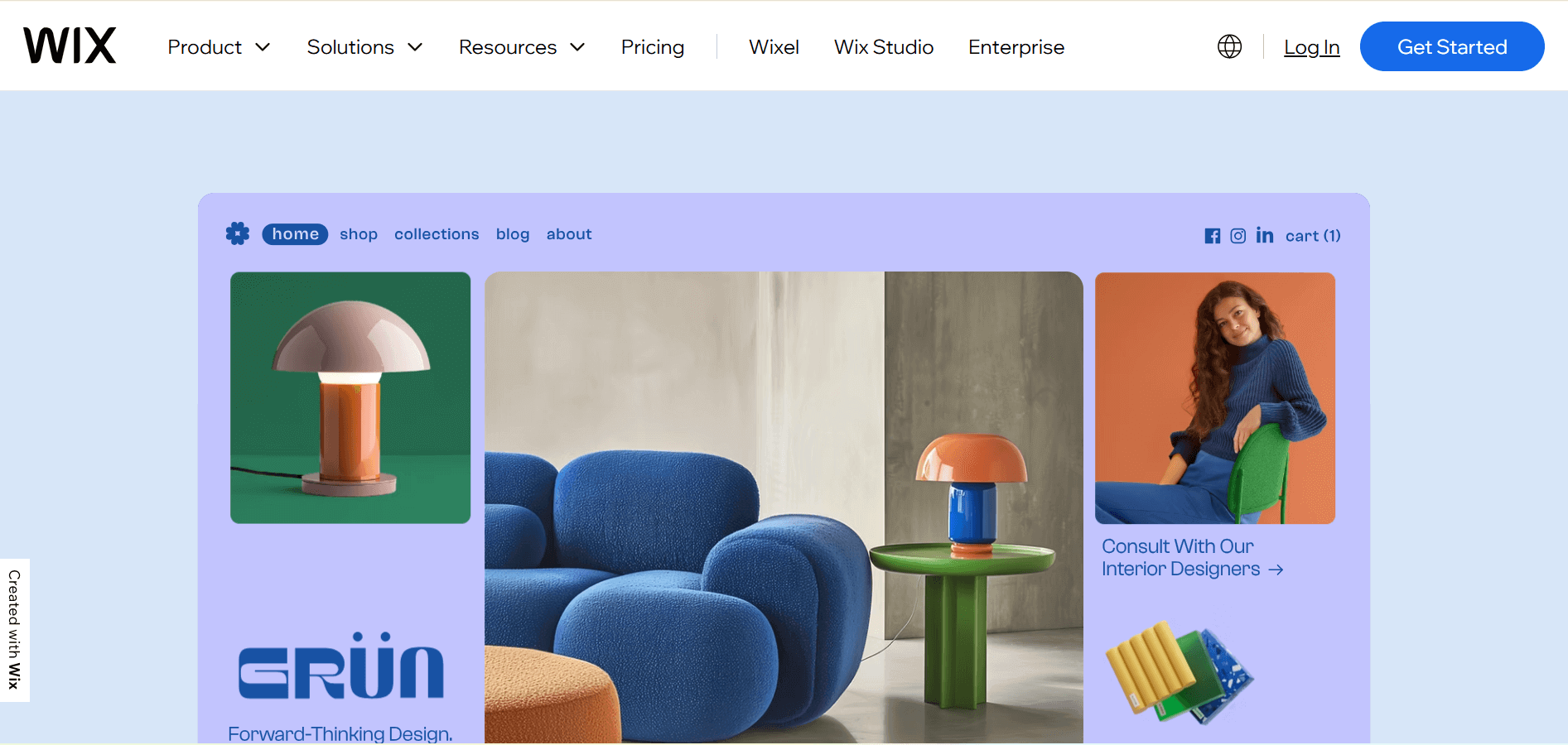
Standout features:
- Built-in SEO and marketing tools
- AI-powered setup and 900+ templates
- Robust app marketplace
Pros:
- User-friendly interface
- Free domain on all pricing plans
- No transaction fees for third-party payment providers
Cons:
- Limited shipping functions
2.BigCommerce
As the biggest competitor of Shopify, BigCommerce stands out with its robust set of built-in sales tools and multiple selling channels, ideal for B2B retailers and sales teams. It offers many SEO tools, like SEMrush and Google Analytics, and supports various payment gateways without transaction fees.
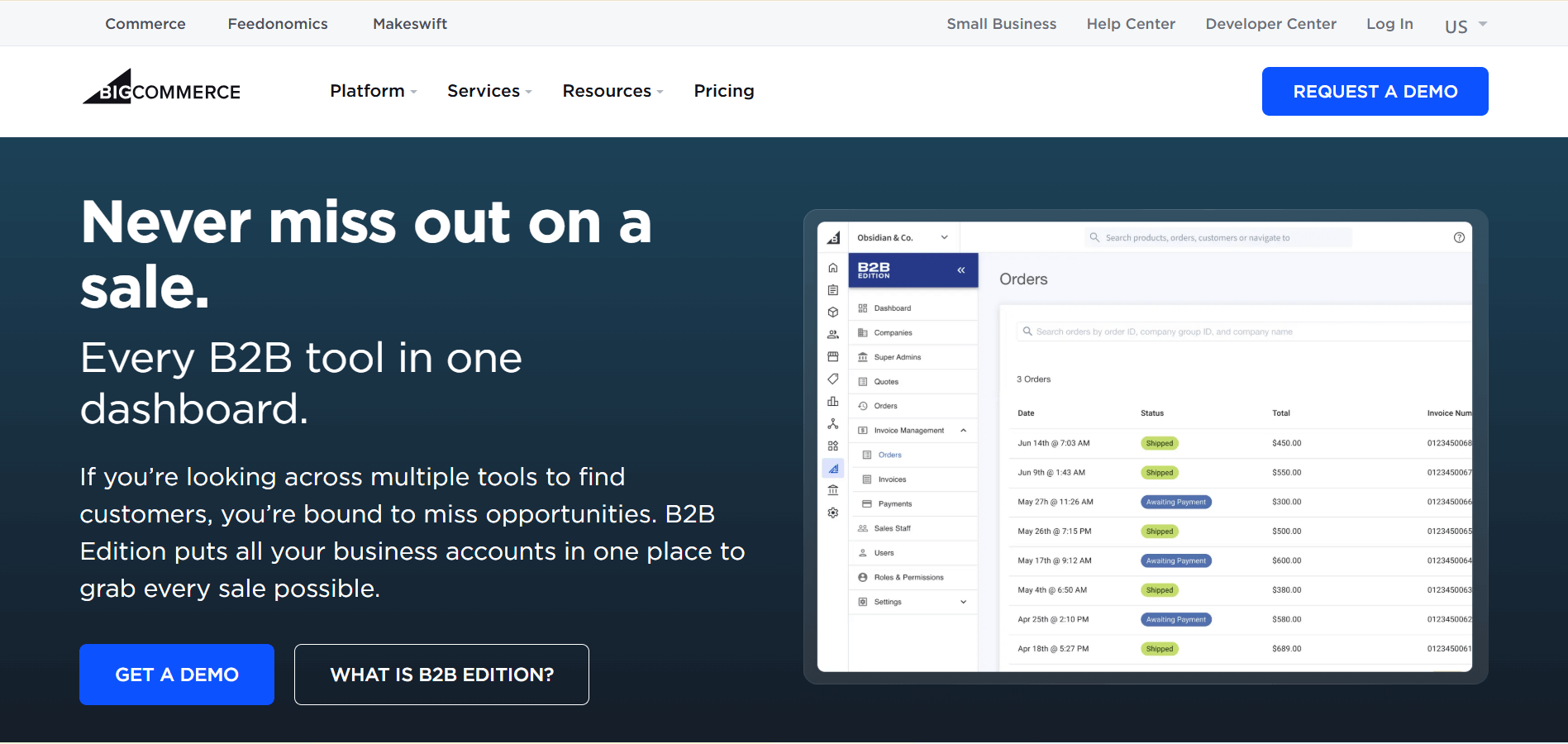
Standout features:
- Native multi-channel selling and integration
- Robust built-in features, like SEO and analytics tools
- API access for developers
Pros:
- No transaction fees on any plan
- Powerful SEO tools with customizable URL slugs
- Built-in blog
Cons:
- Fewer dropshipping options than Shopify
3. Ecwid
Ecwid is a lightweight e-commerce alternative to Shopify. One of the biggest advantages is its seamless integration with existing websites, letting you add e-commerce features without rebuilding. It supports multi-store management and offers multiple payment options, like Stripe, Amazon Pay, and PayPal.

Standout features:
- Seamless multi-channel selling
- Robust marketing tools
- Integration with existing websites and other platforms
Pros:
- No transaction fees
- Excellent media selling and marketplaces
- Simple to set up a store
Cons:
- Fewer themes and design customizations than Shopify
4.WooCommerce
WooCommerce is a free and open-source e-commerce plugin designed for WordPress users. Compared to Shopify, WooCommerce offers unparalleled customization and full control for developers, with over 6,000 extension tools. It supports full code access and integrates with multiple payment gateways.
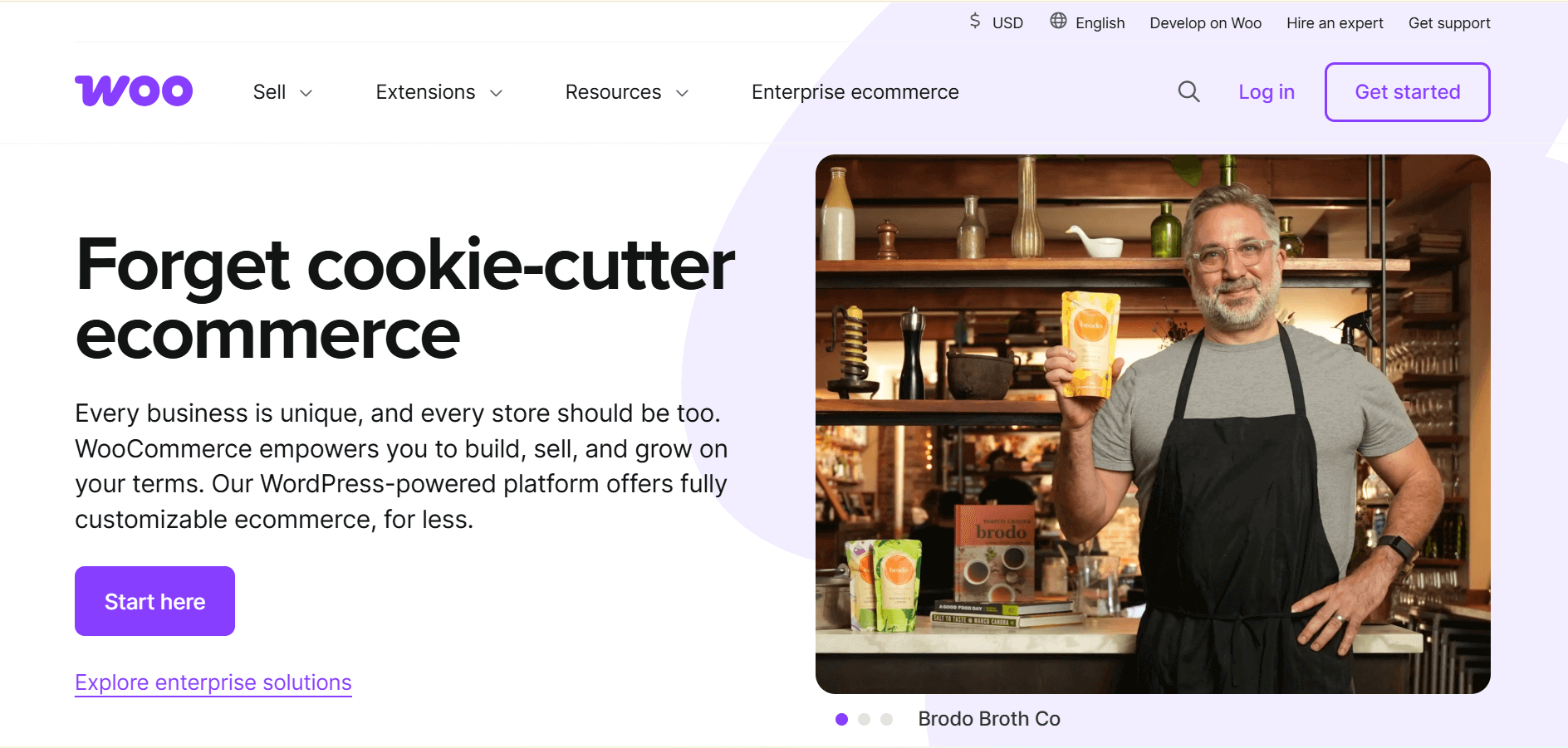
Standout Features:
- WordPress based plugin
- Woo AI tools and Woo Express
- Multiple payment and shipping options
Pros:
- Thousands of extensions and integrations for everything
- Scalable to business growth
- SEO-friendly structure
Cons:
- Need to pay an extra fee for extensions
5. Squarespace
Squarespace is a portfolio site that boasts top-tier visual quality, perfect for creative brands in art and design. It provides many native tools for email marketing, appointment scheduling, digital product delivery, and even subscription management. It integrates high-quality image libraries, fonts, and content marketing tools.
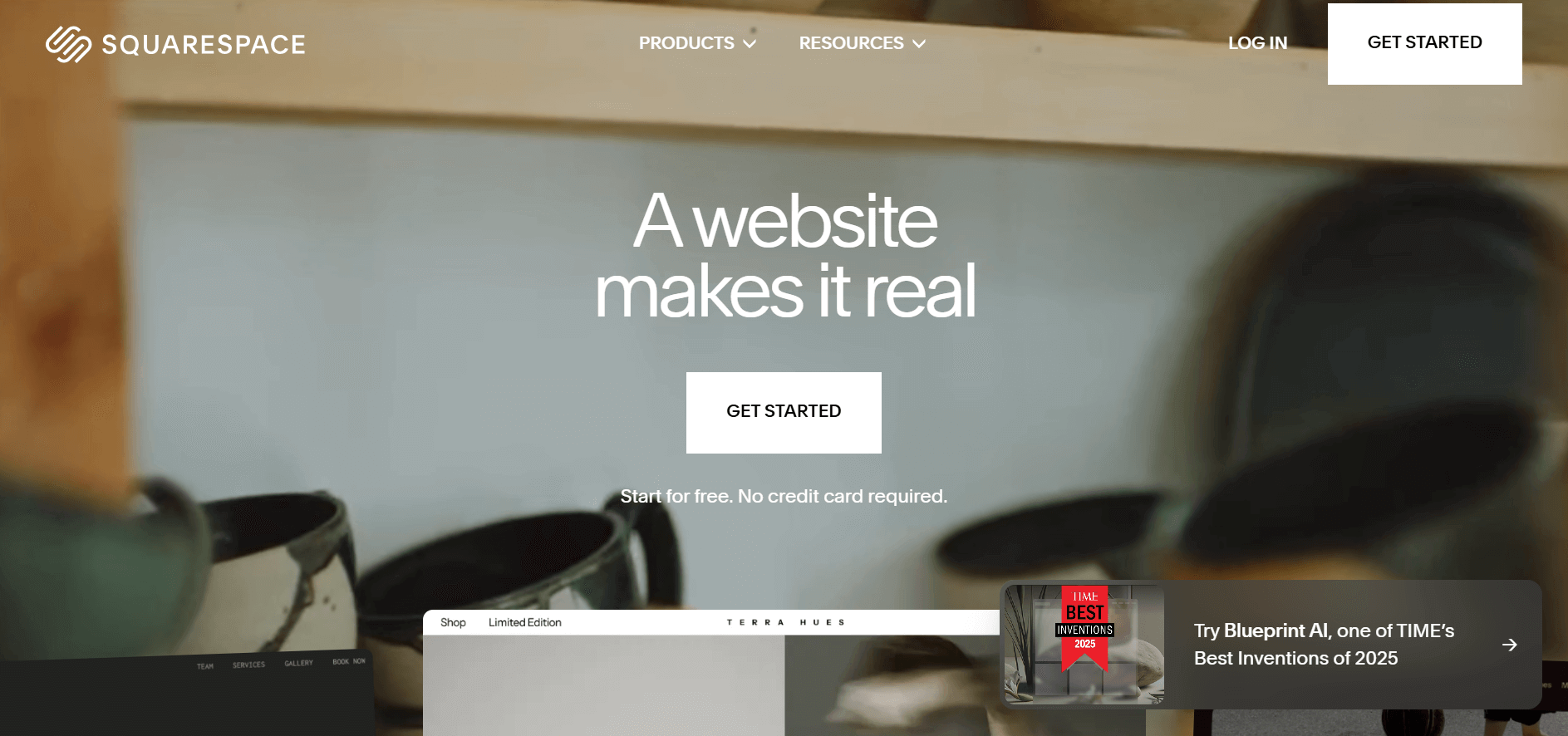
Standout Features:
- Content-commerce integration
- Built-in SEM tool
- High-quality visuals
Pros:
- Seamless content marketing tools
- Stunning design aesthetics
- User-friendly website editor
Cons:
- Add-on fees can raise your monthly cost
6. Adobe Commerce
Adobe Commerce, formerly called Magento, is an enterprise-grade ecommerce alternative to Shopify. It was built on a cloud-native architecture, with over 200 modules and powerful API integration capabilities. Supporting both B2B and B2C businesses, it includes AI product recommendations and real-time customer data analysis.

Standout Features:
- Enterprise-grade customization
- Deep B2B/B2C capabilities
- AI personalization
Pros:
- Advanced customer data insights
- Over 100 payment gateway options
Cons:
- Not beginner-friendly
7. Square Online
Square Online combines offline and online sales perfectly with its powerful point-of-sale (POS) ecosystem It allows for syncing of inventory and customer data between online and offline channels, ideal for small retailers who have physical stores and want to expand online.
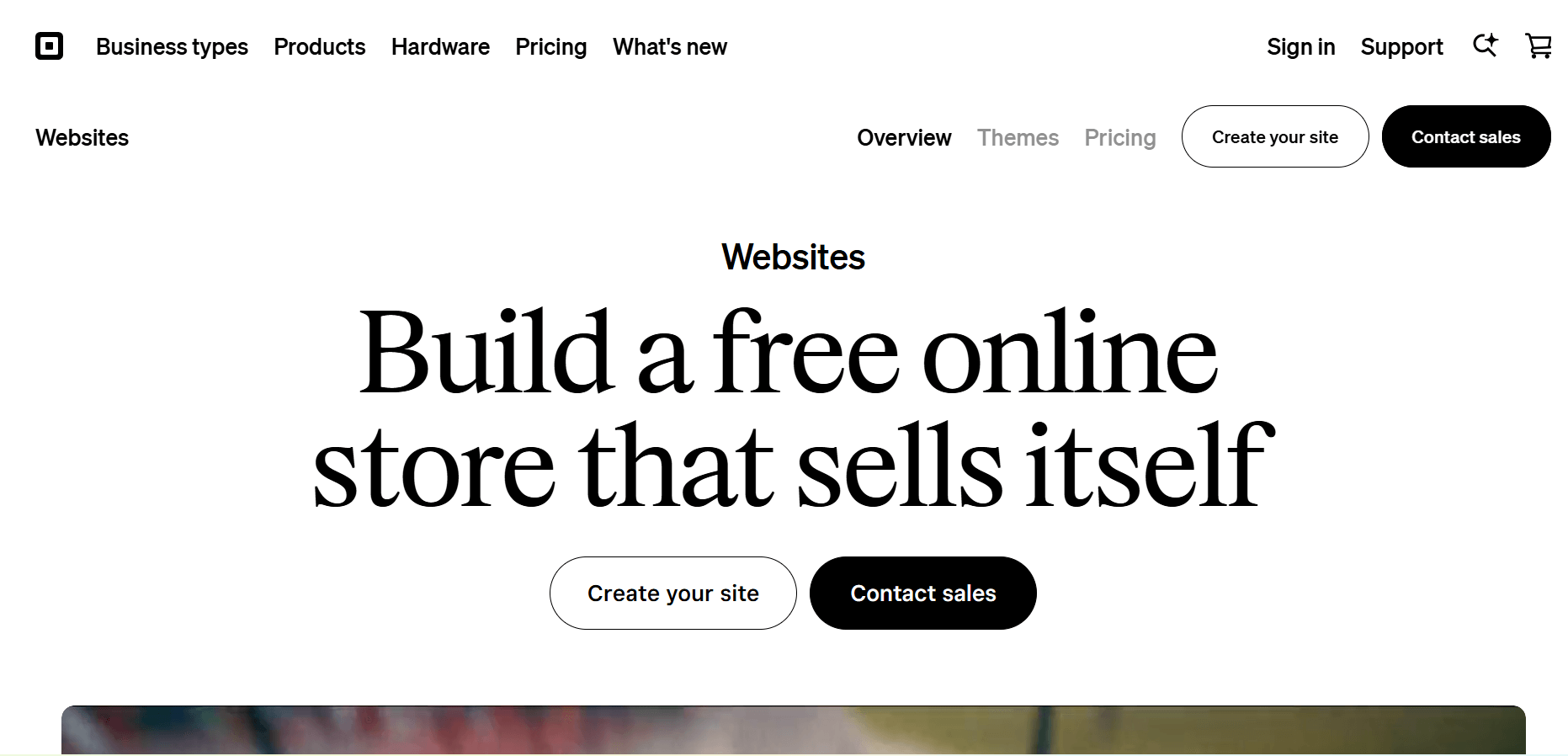
Standout Features:
- POS-to-online store sync
- Built-in payment processing
- AI product recommendations and abandoned cart tools
Pros:
- Buy online and pick up in-store models
- Simple inventory management
- Low transaction fees
Cons:
- Limited design options compared to other platforms
8. Hostinger
Hostinger has quietly become Shopify biggest competitors for startups or budget-conscious businesses who want speed, affordability, and built-in AI. Its user-friendly drag-and-drop builder supports ecommerce, WooCommerce integration, multilingual sites, and marketing tools running on LiteSpeed servers.
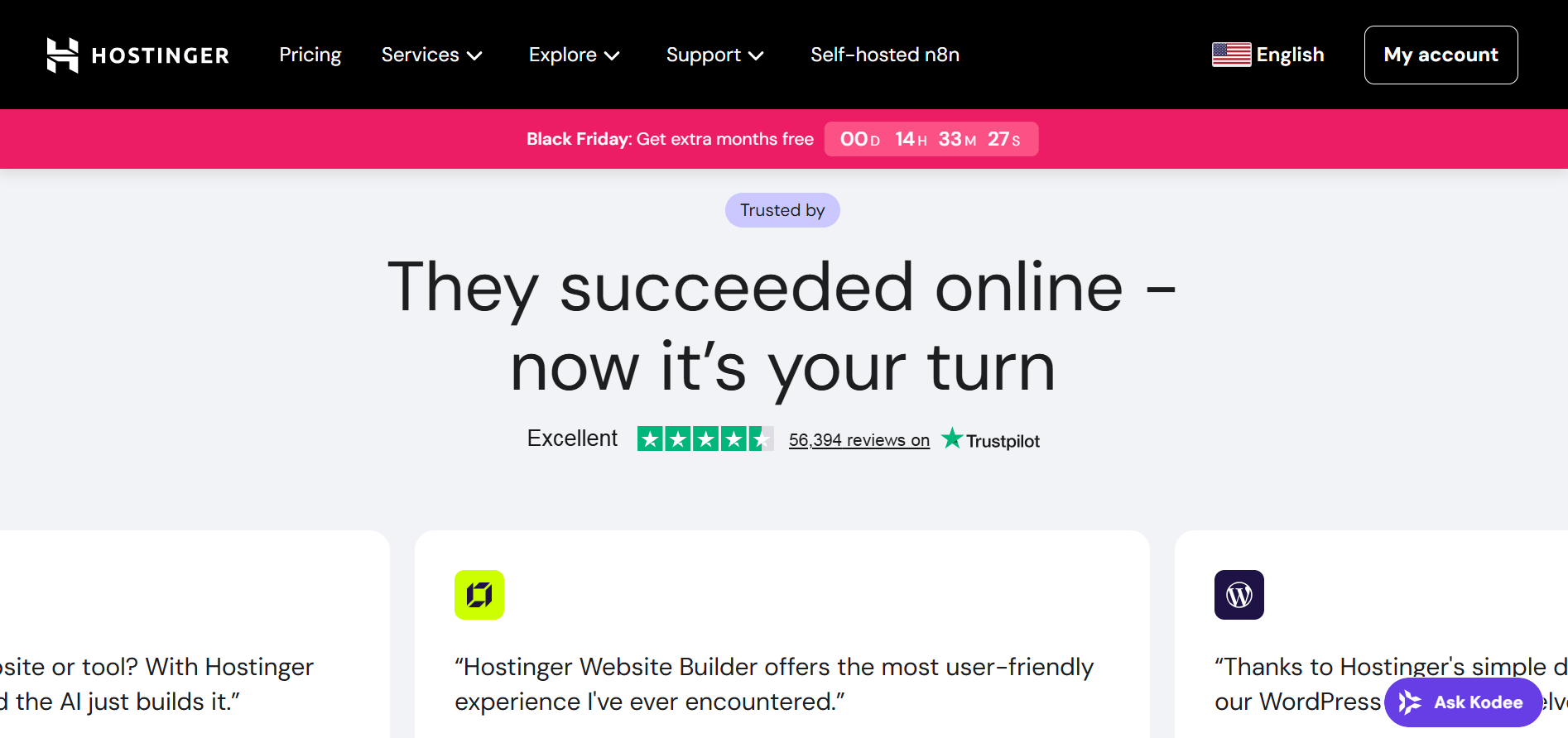
Standout Features:
- Built-in AI website builder
- Free domain and SSL certificate
- Use LiteSpeed servers for fast page loads
Pros:
- Ultra-low entry cost
- 30-day money-back guarantee
- Multilingual support
Cons:
- Not designed for complex catalogs
9. Shopware
Compared to other ecommerce platforms, Shopware focuses on the European market, supporting multi-language, multi-currency, and EU localization compliance features. With a drag-and-drop builder, users can enjoy complete freedom of customization and automation of the business operations.
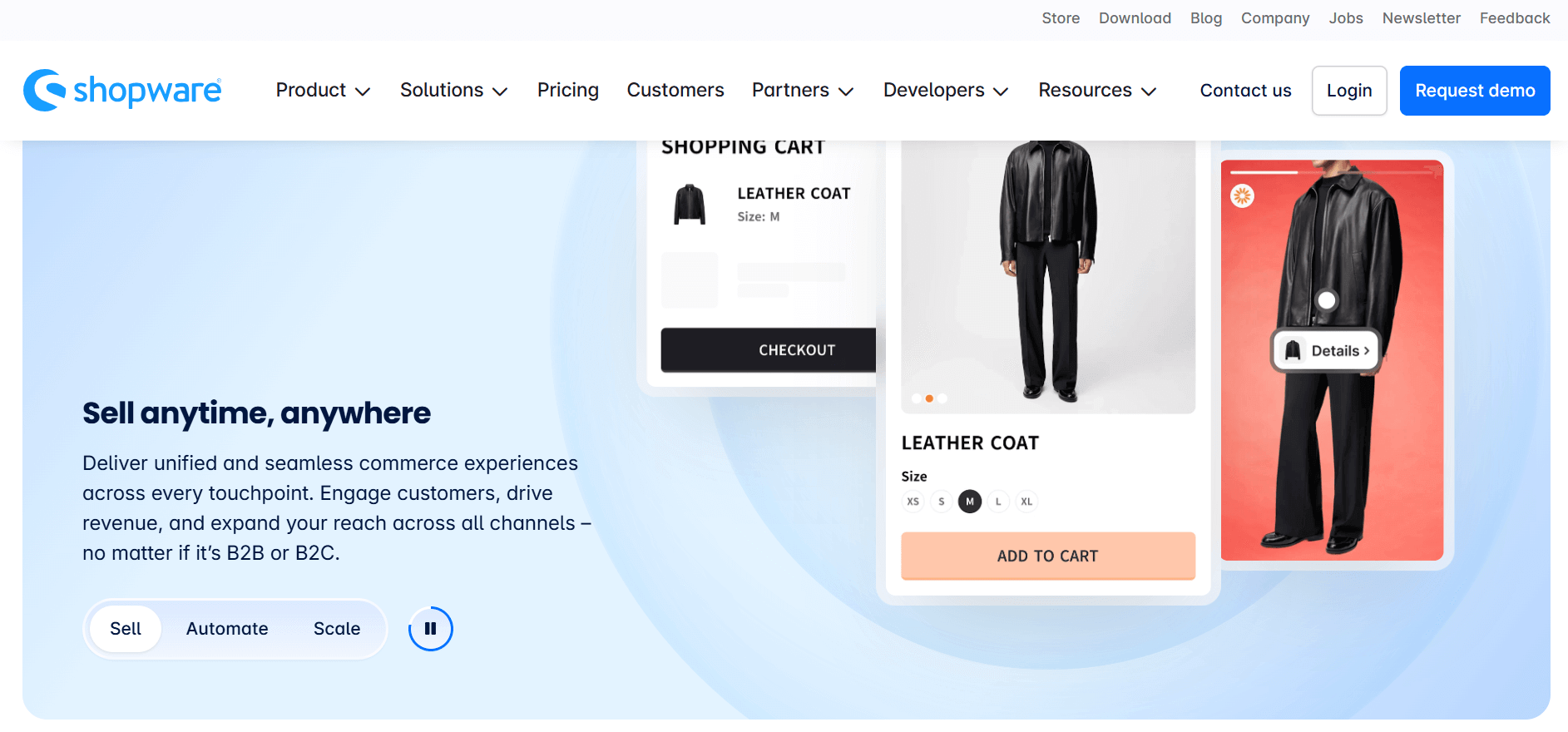
Standout Features:
- Drag-and-drop website builder
- Digital sales rooms
- Multi-inventory management
Pros:
- Built-in EU compliance
- A variety of sales channels
- Good customer service
Cons:
- Slow import speed
10. PrestaShop
PrestaShop is an open-source e-commerce platform that provides merchants with full control over their stores. As a free alternative to Shopify, the platform helps scale businesses by launching marketing campaigns to reach more potential customers. It also aids you in expanding businesses internationally through multilingual stores and a range of currencies.
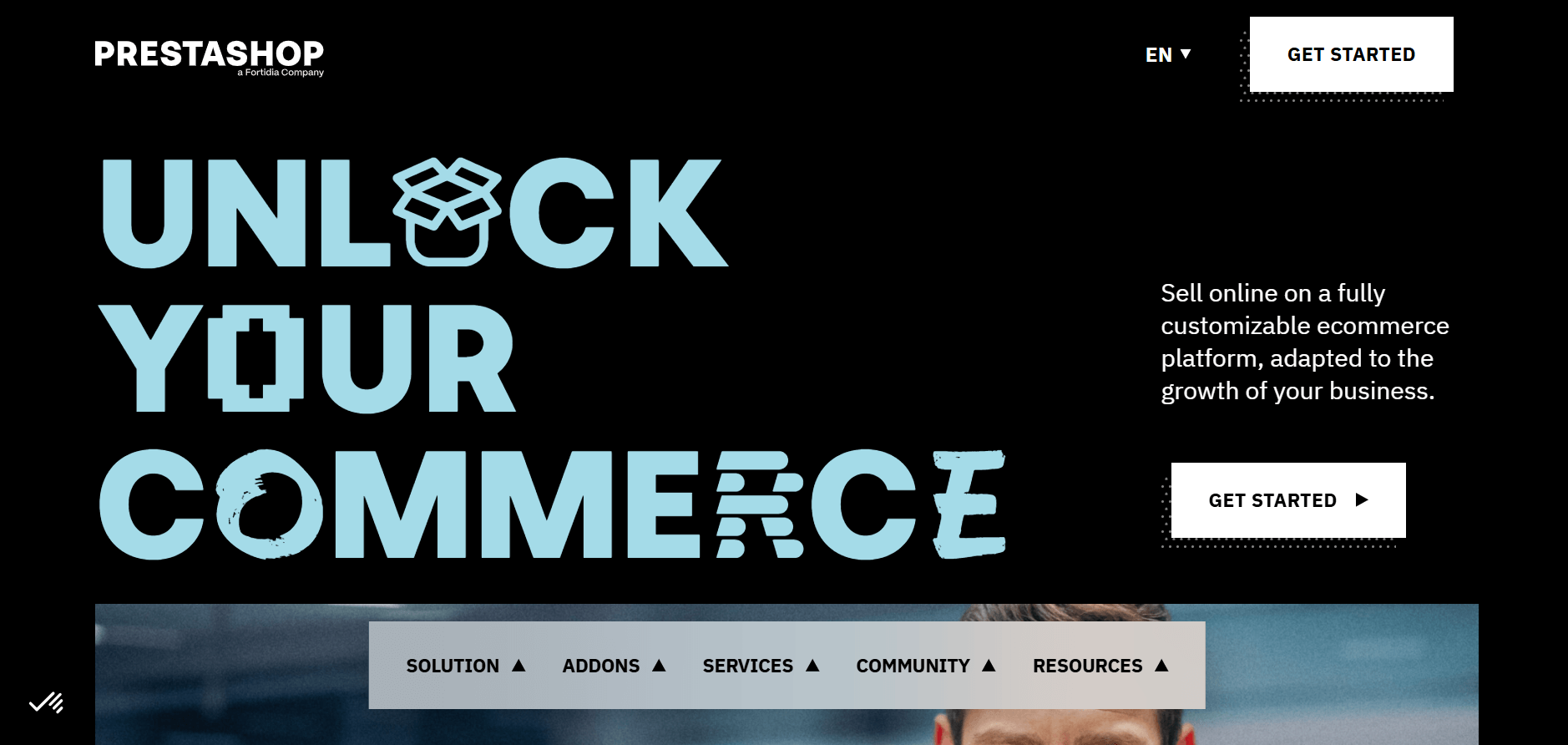
Standout Features:
- Multi-language and currency
- Built-in SSL encryption
- Modular extensions
Pros:
- No platform fees
- Highly customizable
- Regular updates to the software
Cons:
- Limited theme support
Why Switch to Shopify Competitors
There are many possible factors that can trigger a business to switch to Shopify competitors e-commerce platforms. While Shopify excels in user friendliness and ease of use, its limited store customization flexibility, transaction fees, and constraints may not suit all business growth. Here are key reasons:
Category | Key Reason | Description |
Cost Efficiency | High transaction fees and potential app costs | Users need to pay fees for every sale unless using the Shopify payment gateway. The total costs escalate for high-volume stores, especially when paired with paid app integrations. Other platforms like BigCommerce offer built-in features (e.g., abandoned cart recovery) and often remove transaction fees. |
Technical & Customization Limitations | Limited customization options and developer control | Based on theme structure and Liquid templating language, Shopify lacks deep front-end customization. Alternatives like WooCommerce offer developers full code-level control. |
Feature-Specific Needs | Advanced B2B and marketing features | Competitors like Adobe Commerce (Magento) offer native B2B features, like quote management, complex pricing, while Shopify requires paid apps to replicate. |
Design Freedom | Flexible content management | Shopify alternatives like Wix offer more intuitive content creation tools, better integrating the online store with a custom-designed website. |
How to Choose the Best Shopify Alternatives
Choosing the best Shopify alternative may be overwhelming, but figuring out the following questions makes it easier.
1. What are Your Business Needs and Goals?
The first and most important part is to figure out what you need and want to achieve. For instance, BigCommerce has built-in features that work best for growing businesses, while Squarespace is more suitable for design-focused and visual brands.
2. What’s Your Budget?
In addition to monthly fees, it’s necessary to consider transaction fees, payment gateway costs, and expenses for needed apps or plugins. For free to low-cost, you can choose Wix or Hostinger. For moderate costs, BigCommerce and Squarespace are good choices. WooCommerce and PrestaShop for open source/full control.
3. Is the Platform Easy to Use?
Some of the above platforms, like Adobe Commerce, require experienced technical skills. If your team lacks technical support, Wix and Shopware are ideal for newbies with their drag-and-drop website builders.
4. Do You Need Global or Omnichannel Support?
Don’t forget to think about your business’s future expansion. A few platforms, like BigCommerce support advanced B2B features and multiple languages, while Wix and WooCommerce support global payment gateways.
Shopify Alternatives FAQ
1. Are there better options than Shopify?
Of course, yes! There are better options than Shopify to help you scale your online store. Depending on specific needs, you have many Shopify alternatives, such as BigCommerce for strong built-in features, WooCommerce for more customizations, and Wix for beginners prioritizing ease of use.
2. How much does Shopify take from a $100 sale?
The amount can vary depending on different plans and payment methods. Shopify takes about $3.20 from a $100 sale if you are on the Basic plan using Shopify Payments, while using a third-party payment app can add a 2% transaction fee.
3. What is the best free alternative to Shopify?
There are many free alternatives to Shopify, such as Square Online and WooCommerce. However, you need to consider specific needs. For example, WooCommerce is suitable for WordPress users, while Square Online is suitable for businesses requiring seamless POS integration.
4. Who is the biggest competitor of Shopify?
The biggest competitor of Shopify is often considered to be WooCommerce or BigCommerce. However, Amazon is still a major competitor in terms of total e-commerce volume and popularity.
5. What is Shopify payment alternative?
There are many alternatives to Shopify payment, including PayPal, Stripe, Square, Authorize.net, etc. These payment options work with Shopify to process transactions, but each one charges a small transaction fee per sale.
6. What is the cheaper alternative to Shopify?
If you’re trying to find a cheaper alternative to Shopify, you can choose WooCommerce, Wix, or Squarespace. These platforms have their unique advantages to match your specific business needs and budgets.










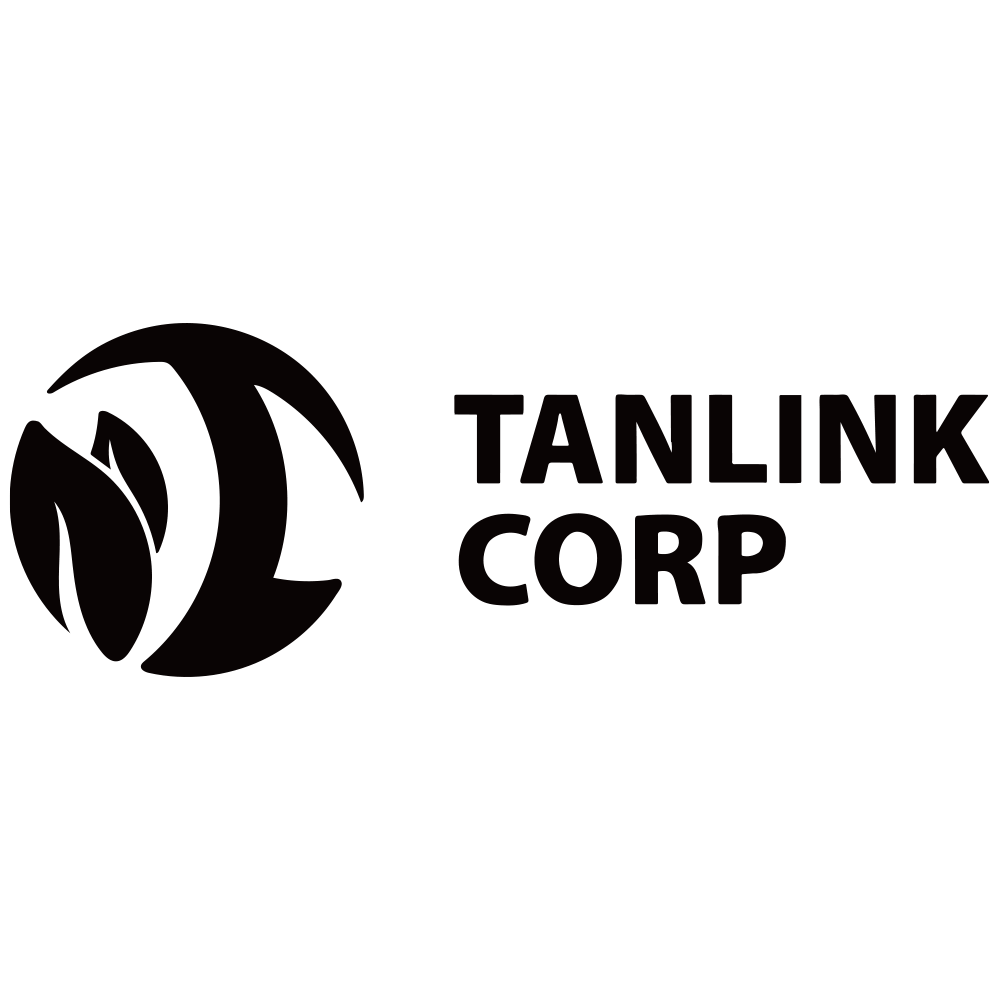
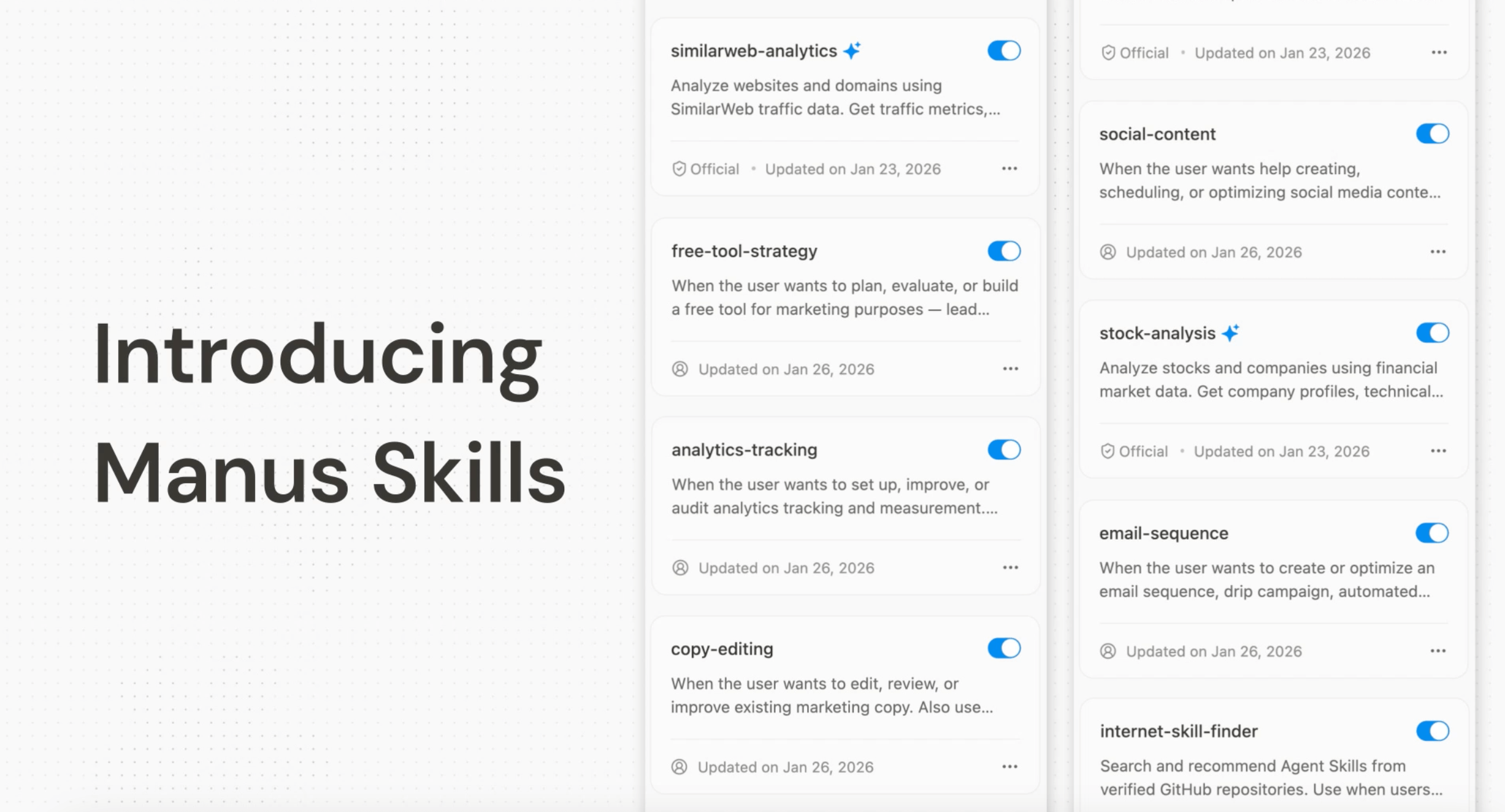

![Top 10 AI Voice Assistants in 2026 [Tested & Reviewed]](https://cdn.shulex-voc.com/shulex/upload/2026-02-13/636d1241-b2b9-48dd-98e1-ea779de15697.jpg)